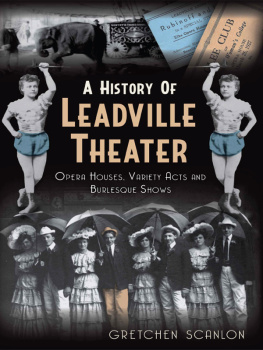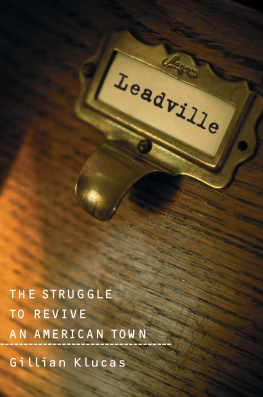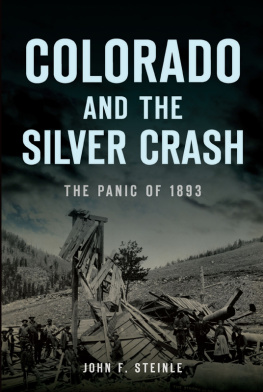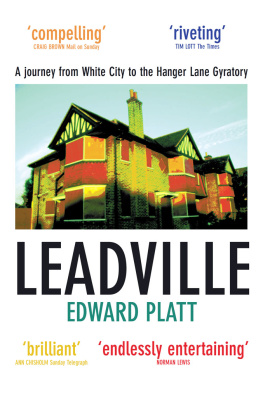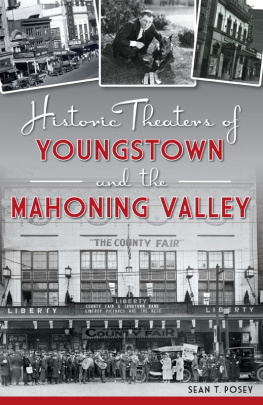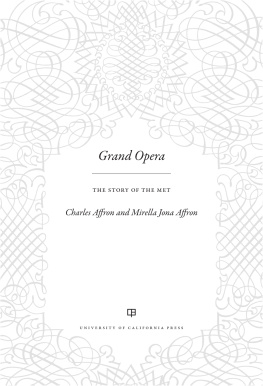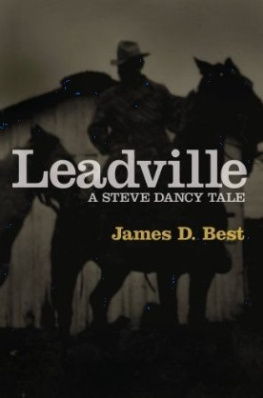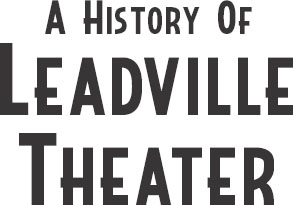
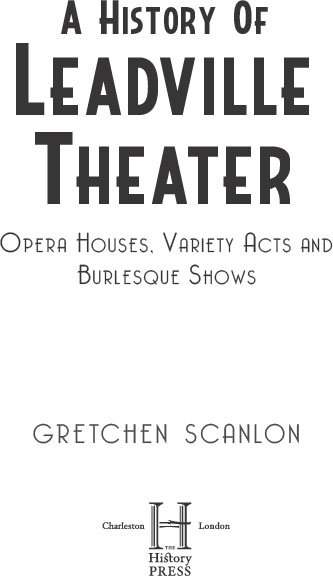
Published by The History Press
Charleston, SC 29403
www.historypress.net
Copyright 2012 by Gretchen Scanlon
All rights reserved
Cover images: Leadville theater group. Courtesy of the Colorado Mountain History Collection, available at the Lake County Public Library.
First published 2012
e-book edition 2012
Manufactured in the United States
ISBN 978.1.61423.770.9
Library of Congress CIP data applied for.
print ISBN 978.1.60949.711.8
Notice: The information in this book is true and complete to the best of our knowledge. It is offered without guarantee on the part of the author or The History Press. The author and The History Press disclaim all liability in connection with the use of this book.
All rights reserved. No part of this book may be reproduced or transmitted in any form whatsoever without prior written permission from the publisher except in the case of brief quotations embodied in critical articles and reviews.
I dedicate this book to my mother, Maureen Scanlon, who has always been my biggest supporter.
In memory of
Evelyn Furman, her dedication, not only to the Tabor Opera House, to save this amazing building, but also in telling the story.
Evelyn inspired me to tell the story of all these theaters.
CONTENTS
ACKNOWLEDGEMENTS
Thank you to Janice Fox, Lake County Public Library, for all the hours helping me find just the right photo and for all the time we spent trading stories about Leadvilles amazing history.
Thank you to all of my friends and family members, for all the hours listening to my stories of theaters, actors and plays. Your excitement and encouragement let me know that these were stories worth telling.
INTRODUCTION
Theaters were found in Williamsburg, Virginia; New York City; and Charleston, South Carolina, in the early 1700s. After the Revolutionary War, the government relaxed its laws regarding theaters, causing a mass expansion, and by the early 1800s, there was one in most sizable towns in the East.
Variety theaters, commonly referred to as wine or illegitimate theaters, were the first type offered. Usually, they did not charge admissionattendees were expected to visit the bar. They offered a diverse selection of performances: singing, comedy sketches, gymnastics, boxing, tightrope walking and trapeze acts. It was as though you were watching a circus on a small scale, with monkeys and dogs as part of the show. The theaters employed a band or orchestra to accompany the acts, and the musicians stayed with the theaters while the troupes moved on to the next town after a few months.
The legitimate theaters offered classic plays by famous authors such as Shakespeare, typically run by a stock company, and put on a different play every few days. This presented a challenge for those learning lines for a new show during the day and performing a different show at night. Companies usually had a leading lady and man, popular in that particular town but not well known elsewhere. Many actors got their start with a stock company; as their fame grew, they left the company and signed on with traveling shows. Many child actors were discovered when they were put on the stage by a parent who was in the cast.

The Leadville theater group in about 1880. Courtesy of the Colorado Mountain History Collection, Lake County Public Library.
With the expansion of the railroad, stock companies were pushed into smaller, less popular theaters and were almost eliminated by the 1900s. In order to survive, they took their show on the road, where they played at one theater for a few weeks, performing five or six different plays. They did not travel as far as the larger companies but rather stayed in small regions.
Companies traveled west before the railroad, but the trip was costly, and few were willing to foot the bill for such a venture. They traveled by wagon, bringing all the necessary scenery and props. Other actors would travel by themselves, booking a theater for a few weeks as a guest with the stock company and then moving on.
The earliest theaters in Lake County were in Oro City and Sacramento City, but little is known of those early playhouses. Jack Langrishe and J.M. Dougherty were actors who joined forces in 1861 to bring the theater to small mining camps in Colorado. Langrishes troupe arrived in Oro City and rented a small log cabin, calling it the Peoples Theater. J.M. Dougherty, Jack Langrishe and Jacks wife, Jeanette, were the principal actors and brought plays such as Othello, Uncle Toms Cabin and Hamlet to the booming mining town.

Jack Langrishe.

Oro City. Courtesy of the Colorado Mountain History Collection, Lake County Public Library.
An article in the Rocky Mountain News reported that Oro City had three theaters in 1862. Troupes continued coming to Oro City over the next several years, setting up a stage in a tent or in the back of a bar for the summer, leaving town during the harsh winter and returning the following spring.
THEATERS OF THE CARBONATE CAMP
Leadville, the county seat of Lake County, Colorado, sits at 10,152 feet above sea level and is the highest incorporated city in the United States. In the 1880s, it was one of the richest silver camps in the nation and the second-largest city in the state, with more than thirty thousand people. Established in 1878, it had several nicknames: Carbonate Camp, Two Mile-High City, Cloud City and Magic City.
State Street was known as the wickedest street in the nation, with bordellos, cribs, saloons, dance halls and variety theaters. Brass bands paraded up and down the street drumming up patrons. Chestnut Street, the original main thoroughfare, housed the majority of businesses; due to many fires, most of the buildings are gone. Harrison Avenue was the location of the more legitimate businesses and is now the main street.
One of the first people to offer entertainment in the Carbonate Camp was William Nye. He opened a saloon early in 1877, a small frame building twenty-four by sixty feet. He was well known in California Gulch, opening saloons in Oro City in the early 60s, returning in 74 and the following year in Malta. Nye saw the potential of Malta, purchased all the un-owned lots, improved the roads and built a saloon and a city paviliona place to hold dances.
One of the most famous lecturers at Nyes Saloon was Susan B. Anthony, who visited in the fall of 1877. Before her lecture, Nye purchased yards of calico fabric to cover the liquor supplies behind the bar. The saloon was packed to capacity, and people lined the street to hear the famous suffragist. Governor John Routt and his wife were in town for Mrs. Anthonys lecturehe even stood by her side as she spoke. Other then Routts wife, Eliza, only a few women attended.

Next page
